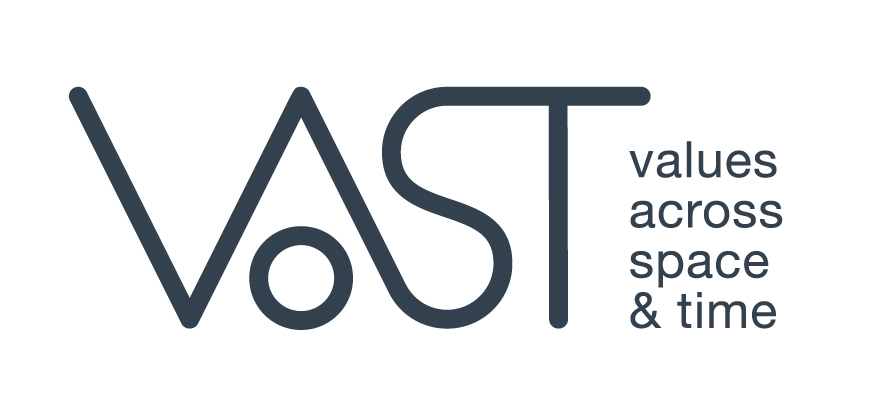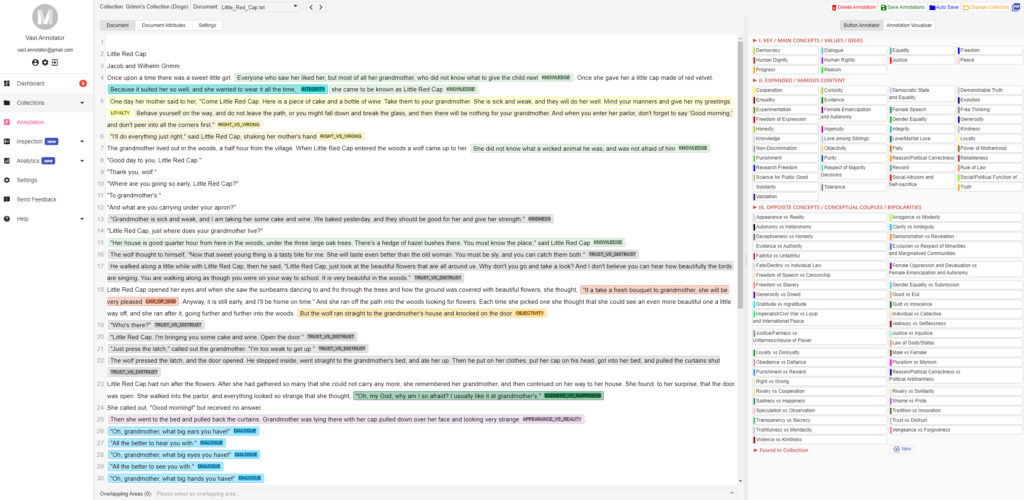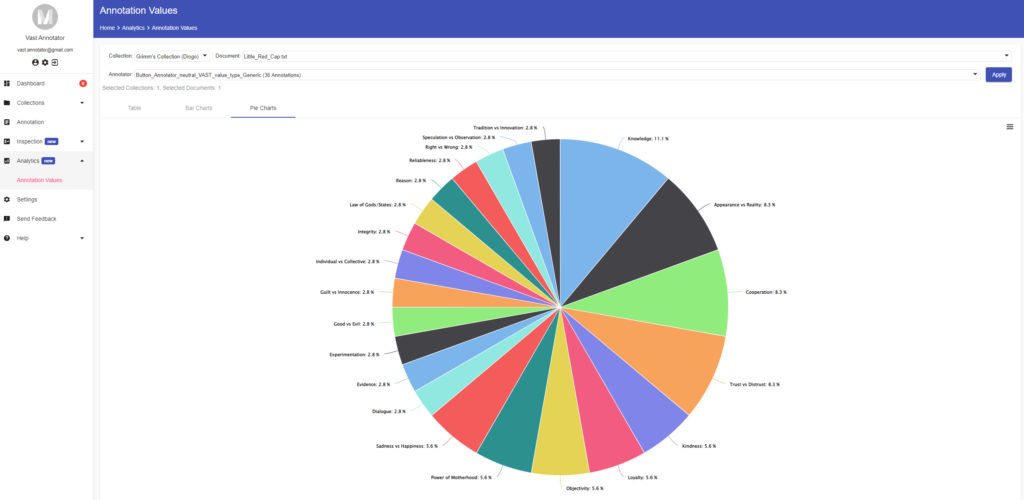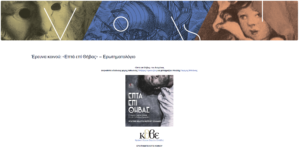VAST has completed its 1st year!
VAST envisions bringing values to the forefront in the field of advanced digitisation. During a course of three years, VAST partners will address how values have been transformed across space and time, and how values are communicated and perceived by audiences. At the core of the VAST project lies the continuous digitisation of tangible and intangible content, including the experiences and stories of artists and professionals involved in the curation and communication of values to modern audiences, as well as the experiences of the audiences.
VAST project kicked off in December 2020 and has already completed its first year! We now look back on the project’s main achievements.
Studying Values Across Space and Time
VAST looks at the past and the present of values to study how they have been transformed through time. Following VAST methodology, during the first year of the project, the consortium focused on the study of the past of values. Specifically,
- 44 digital artefacts have been annotated. Applying the scientific methodology designed for narrative analysis, VAST scholars have annotated: 20 ancient Greek drama plays, 15 17th century Scientific Revolution document excerpts, and 9 fairy tales written by the Grimm Brothers.
- Through the annotation process, the Registry of Values has been created based on the core European values, such as: freedom, democracy, equality, tolerance, dialogue, human dignity and the rule of law. The Registry of Values currently includes 94 values.
The VAST Annotation tool
The annotation of the selected artefacts has been conducted through the VAST Semantic Annotation Platform (SAP). Based on the CLARIN-EL Web-based Annotation Tool, the VAST SAP meets the usability requirements of the scholars as defined during the first project year. It provides many collaborative features, including asset sharing and real-time collaborative analysis of annotation assets. The VAST SAP is one of the first exploitable assets of VAST and is already used in other research projects, such as the DebateLab.
Continuous digitisation of intangible content
As a first step towards the understanding how people perceive in the present the past of values, two audience research campaigns have been implemented in the context of the pilot that focuses on ancient drama literature. The campaigns have been implemented in greek as online questionnaire surveys and study the people’s perception of values before and after watching a recorded performance of the ancient Greek drama “Seven Against Thebes” by Aeschylus. More than 100 research participants were involved in the studies.
In addition to the previous activities, other achievements of the first year include:
- An initial list of user requirements for all the VAST digital tools was defined along with appropriate procedures for the evaluation of the tools.
- The semantic foundation of VAST has been specified, based on existing standards, such as CIDOC CRM3. VAST ontology integrates under an integrating conceptual schema the requirements related to “past of values” knowledge representation, including the annotation of artefacts with values, and the requirements related to the “present of values”, including the representation of contexts, multiple interpretations, and semantic relations among artefacts. The first prototype of VAST’s ontology has already been implemented and has been populated with the results of the annotation.
- An initial prototype of an exploration tool has been developed, providing functionalities related to browsing ontological concepts and relations, their annotation with additional metadata, and the addition of contextualised relations.
- The planning and preparation of the pilot activities of the second year.
Communicating the project
Finally, VAST continuously interacts with the public and the cultural heritage community through several communication channels such as the VAST website and its social media. Some of the communication activities that have been implemented in the first year include:
- The organisation and participation in several conferences and workshops, including the organisation of an international theatre conference in 2021 by NKUA titled Values of Ancient Greek Theatre Across Space & Time: Cultural Heritage and Memory.
- Eight scientific publications
- The liaison with sibling EU-funded research projects and European research projects with similar research agendas towards building up the VAST ecosystem.
- The establishment of the VAST Expert Advisory Board.
What’s next?
VAST will further consolidate digital assets such as texts, videos, images, enabling the study of how values have been transformed from antiquity to early modernity, from the past to the present. During the second year, VAST will study how values are communicated through the digitisation and analysis of the stories and experiences of those in charge to communicate values. Moreover, it will study how values are perceived by addressing audiences that have been exposed to theater performances and museum activities.
Towards this, several activities will be implemented in the four pilot sites: the House of Greek Ideas, the Athens and Epidaurus Festival, the Museo Galileo and the Fairy Tale Museum. All the activities will be supported by the VAST digital tools that will be developed and integrated in the VAST digital platform.
Stay tuned!




